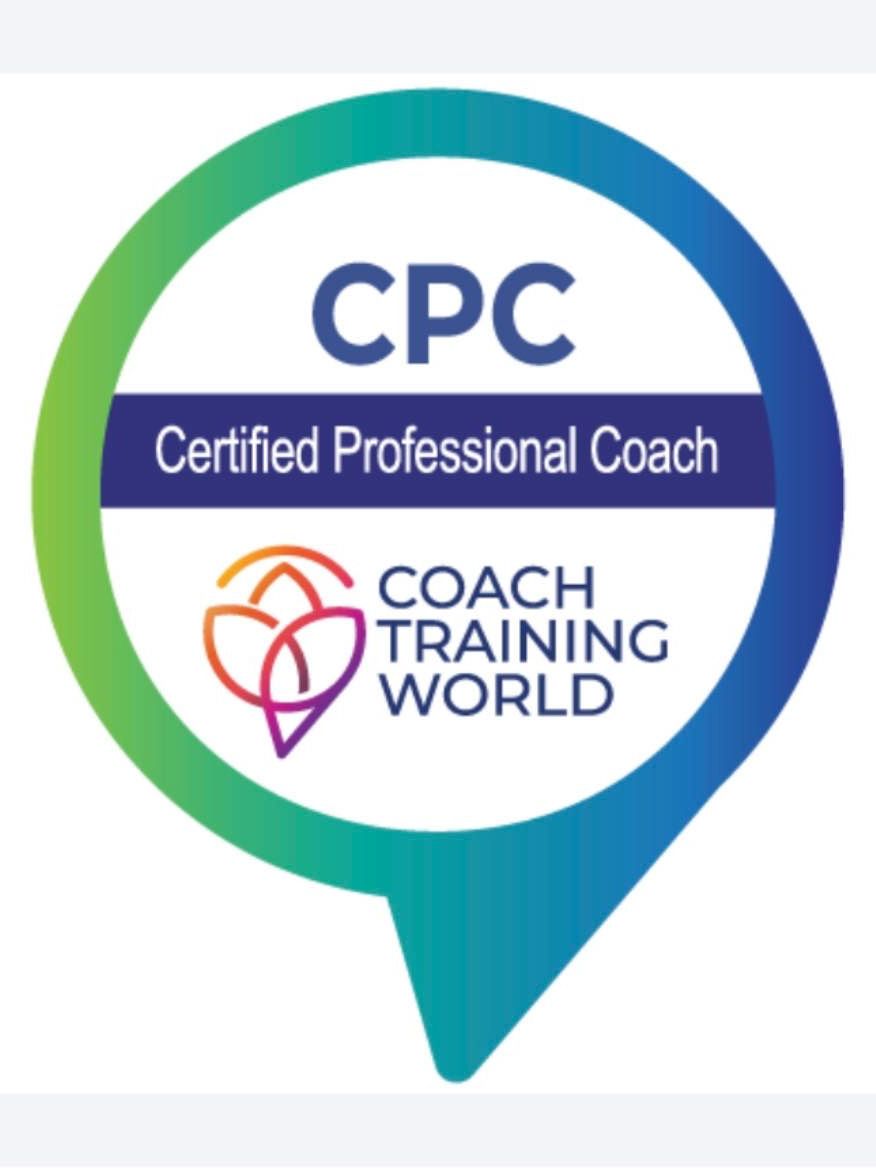Ending a Relationship as a Young Adult
Navigating the End of a Relationship as a
Young Adult and How to Offer Support
Ending a relationship as a young adult can feel overwhelming. Whether it was a long-term commitment or a short-lived connection, breakups often leave you grappling with questions about who you are and what comes next. While it’s natural to feel a sense of loss, this transition can also be an opportunity to grow, rediscover yourself, and lay the foundation for healthier relationships in the future.
Moving Forward in Positive Ways
1. Reclaim Your Identity: Breakups often leave a void, especially if the relationship became a big part of your identity. Now is the time to reconnect with your individual interests and passions. Dive into hobbies, spend time with supportive friends, or focus on personal goals that bring you joy. Example: You could feel lost after ending a relationship. Now that you might have more time for yourself maybe try something you’ve wanted to; attend a yoga class or join a local sport group, reconnecting with yourself could lead to finding new interest’s and meeting new people, the possibilities are endless.
2. Set New Intentions: Take this time to reflect on what you want for yourself. Whether it’s academic, career-related, or personal, setting goals helps create a sense of purpose and forward momentum. Example: perhaps the breakup can be seen as motivation to do the things that your relationship might have held you back from doing. Maybe taking a new job, or joining more clubs at your school.
3. Foster Self-Compassion: It’s easy to feel guilt, doubt, or even failure after a breakup. Be kind to yourself and remember that ending a relationship isn’t a failure—it’s an act of self-care. Journaling, reflecting, or talking with someone you trust can help you process these emotions. Example: if someone is struggling with self-blame after a breakup, working with myself or another coach can help shift their mindset and recognize that the decision to end the relationship was necessary for their growth.
How a Life & Relationship Coach Can Help
A relationship and intimacy coach, like myself, can be a valuable resource during this transitional time. We provide a safe space to explore your emotions, unpack what worked and didn’t in your relationship, and help you gain clarity about what you want moving forward.
Coaches can also guide you in:
- Rebuilding confidence in yourself and your ability to form healthy connections.
- Identifying patterns in your relationships and breaking those that no longer serve you.
- Learning how to set boundaries and communicate your needs in future relationships. Coaching is forward-focused, helping you not only process the breakup but also move into the next phase of your life with renewed confidence and self-awareness.
How Friends, Family, and Peers Can Offer Support
For those supporting a young adult through a breakup, your response can make all the difference. Here are a few ways to be there for them:
1. Listen Without Judgment: Validate their feelings without minimizing them. Avoid comments like, “You’re young; you’ll get over it.” Instead, acknowledge their emotions and offer a listening ear. Example: If someone confides in you as a friend, about their breakup, simply say, “That sounds really hard. I’m here if you need to talk.” This reassurance can make the person feel validated and supported.
2. Be Present Without Pushing Sometimes they might want to vent, while other times they might just need distraction. Offer to do things together like taking a walk, watching a movie, or trying a new activity.
3. Encourage Their Growth. Gently remind them of their strengths and encourage them to focus on their goals and interests. Help them see this as a chance to grow rather than a setback.
4. Don’t make their Ex the villain Even if you disliked their partner, avoid badmouthing them. Instead, focus on helping them process the relationship in a healthy was.
5. Respect Their Healing Process Healing looks different for everyone. Be patient and allow them to move forward at their own pace. Example: An adult might say, “I know this is tough, but I’m proud of how you’re handling it. Let me know if there’s anything I can do to help.”
Moving On with Support and Strength
The end of a relationship may feel like a loss, but it’s also a chance for young adults to grow, redefine their identity, and build a stronger foundation for future relationships. With the support of friends, family, and even a relationship coach, this difficult chapter can transform into a powerful period of self-discovery and renewal.
As you move forward, remember that you don’t have to navigate this alone. Lean on those who lift you up, and trust that brighter days are ahead. As always I can support you in a safe and confidential space.













